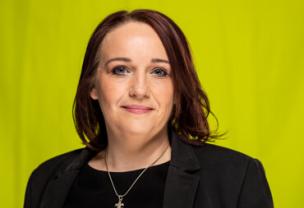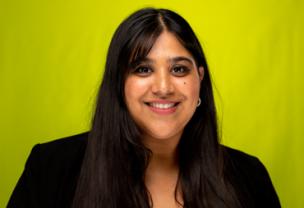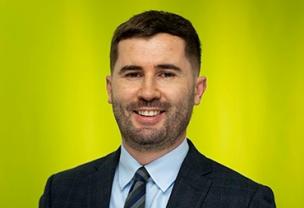Ending a civil partnership or same sex marriage comes with many of the same concerns as heterosexual divorce, but it can also involve issues unique to LGBTQ+ couples. Our expertise in LGBTQ+ family law means we can support and guide you through ending your relationship in the most efficient way.
If you are in a civil partnership or same sex marriage that has broken down, we can help you navigate every aspect of ending your relationship. Our same sex divorce and civil partnership dissolution solicitors have years of experience dealing with LGBTQ+ family law, and we have a high level of expertise in this area.
At Birkett Long, our team of LGBTQ+ divorce solicitors, Resolution accredited specialists and collaborative lawyers understand that when a relationship breaks down, you need pragmatic, expert and individual advice to guide you through what can be very complex legal issues.
The Divorce, Dissolution and Separation Act 2020
The Divorce, Dissolution and Separation Act 2020 came into force on 6 April 2022.
Until that date, a couple who wanted to divorce or dissolve their civil partnership either had to have lived apart for at least two years or rely on the other’s unreasonable behaviour. Now, a couple can divorce or dissolve their civil partnership without the need to rely on a period of separation or fault, although the marriage must still have broken down irretrievably and such proceedings cannot commence less than 12 months from the date of the marriage or civil partnership.
The government hopes the changes to the law will reduce hostility in divorce and dissolution and mean that separating couples are more likely to work together to resolve other issues, such as those relating to their children or finances.
How do I start the divorce or dissolution process?
In order to start the divorce or dissolution process you will need your marriage or civil partnership certificate. It is usually possible to obtain an acceptable copy quite easily if you do not have it.
Once you have this, an application is made to the court. The divorce/dissolution papers are then served on your spouse or civil partner and after they respond you can take the next step in the divorce/dissolution process, which is to ask for a ‘Conditional Order’. This was previously called a ‘Decree Nisi’ in divorce proceedings. This is an order from the court confirming that you are entitled to a divorce or dissolution.
Six weeks after the Conditional Order has been made you can apply for the ‘Final Order,’ previously called the ‘Decree Absolute’ in divorce proceedings. This formally ends the marriage or civil partnership. You cannot apply for a Final Order until 20 weeks have passed from the date that your divorce/dissolution application was issued by the court.
This applies if you want to get divorced or dissolve your civil partnership in England. Different rules apply to other countries and regions.
Get expert advice from our LGBTQ+ divorce and dissolution of civil partnership solicitors
It is really important to have quality legal advice throughout the process. Sometimes it can be easy to take a step in the proceedings that seems fine at the time but later proves not to be beneficial to you.
We always look at the divorce or dissolution alongside all other issues that arise when your marriage or partnership has broken down. There may well be a good reason to try to speed matters up, but equally there may be very good reasons to slow things down.
It is crucial to understand that the divorce/dissolution does not conclude the financial claims that arise between you and your spouse or partner upon divorce or dissolution. Those claims remain until there is a court order that determines them.
It can be very worrying if your husband, wife or civil partner has started the divorce or dissolution process without first discussing it with you. If this has happened to you, and you have received divorce or dissolution papers, please don’t worry. You still have a wide range of options. It’s important to remember, however, that some of those options will have time limits so it will be in your best interests to seek legal advice straight away.
Our team will ensure that all related issues are considered, including separating your finances and making arrangements for any children from the relationship.
We offer a free 15 minute initial telephone conversation during which we will assess how best we can help you.























